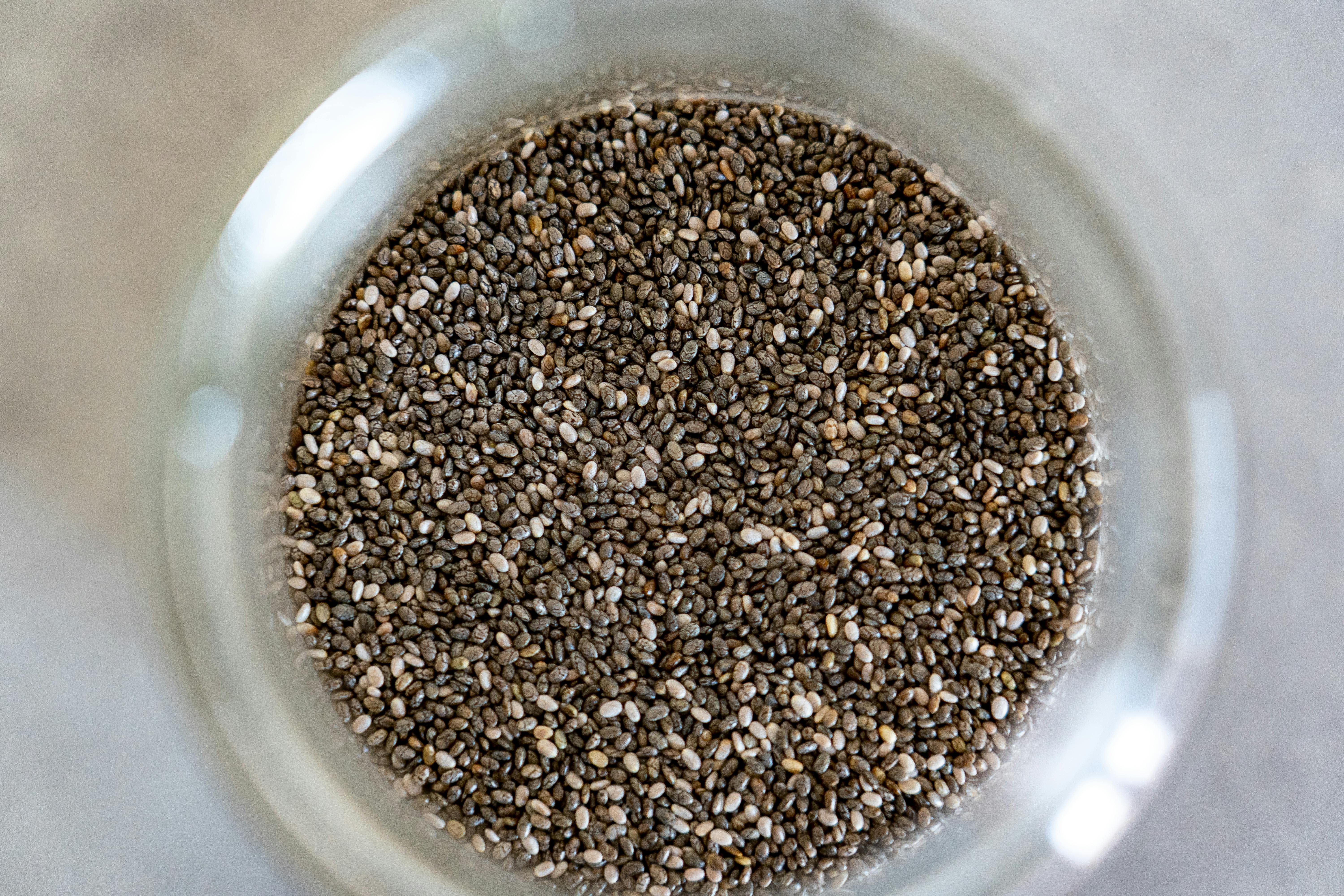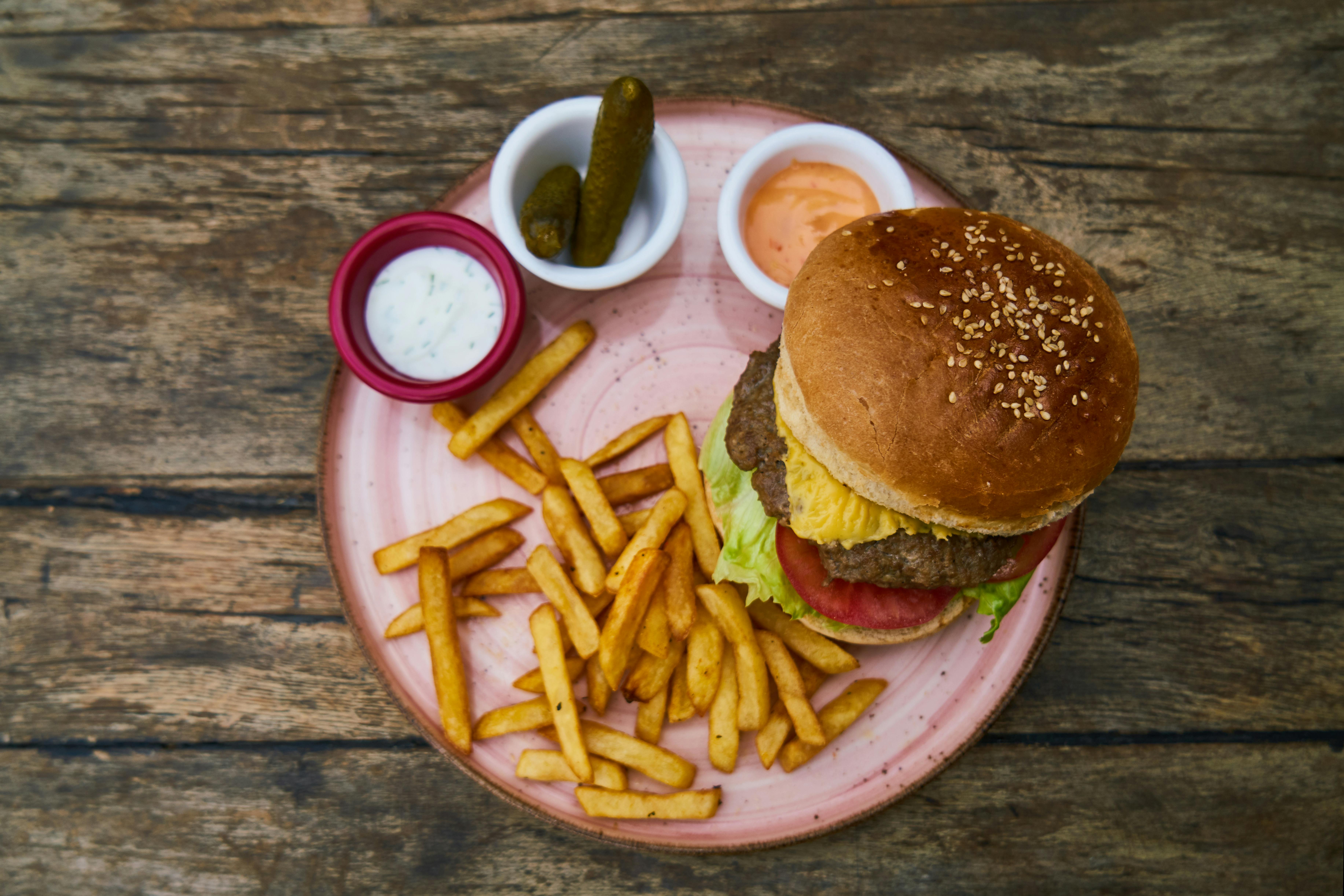
Best 5 Butter Options for a Keto Diet in 2025
The ketogenic diet, popular among those seeking weight loss and increased energy, primarily focuses on high-fat foods while minimizing carbs. As you navigate your journey, incorporating healthy fats is essential. Butter, with its rich flavor and versatile uses, stands out as a staple in many keto-friendly meals. Understanding which butter options align best with your nutritional goals can enhance your keto experience. In this article, we discuss the top five butter options for keto in 2025, their benefits, nutritional profiles, and their uses in cooking.
By selecting the right types of butter, you'll ensure you’re maximizing your fat intake while enjoying the rich flavors and health benefits these dairy products provide. Let’s dive into our top recommendations, highlighting their unique attributes and advantages for your ketogenic lifestyle.
1. Grass-Fed Butter: The Premium Choice for Keto
Grass-fed butter has gained popularity, especially among health-conscious individuals. It comes from cows that consume grass, resulting in a higher content of omega-3 fatty acids and vitamins like A, E, and K2. When considering the role of butter in keto, grass-fed options are celebrated for their superior fatty acid profile.
The nutritional value of grass-fed butter includes a rich source of butyrate, a short-chain fatty acid beneficial for gut health and inflammation reduction. In terms of calories, it offers the same energy as conventional butter but with added health benefits. This makes it an ideal choice for those on a moderate to high-fat intake in their ketogenic meal plans.
When cooking with grass-fed butter, you’ll notice its enhanced flavor, making it perfect for savory dishes, sautéing, or even in coffee. The impact of butter on health combined with its creamy texture elevates its appeal as a staple in your kitchen.
Experts recommend using grass-fed butter in combination with other healthy fats, like avocado or olive oil options, to diversify your fat sources while adhering to the ketogenic diet principles.
2. Ghee: The Lactose-Free Butter Alternative
Ghee, a form of clarified butter, is an excellent alternative for those who are lactose intolerant or sensitive to dairy. During the preparation process, milk solids and water are removed, leaving behind pure fat that provides a high smoke point for cooking. Ghee's robust flavors can enhance your dishes while maintaining a keto-friendly diet.
One of the significant benefits of ghee is its rich concentration of vitamins, antioxidants, and healthy fats. It also contains medium-chain triglycerides (MCTs), which can help with fat adaptation and maintaining ketosis. The butter’s versatility allows you to use it in baking, frying, or adding to soups for richness.
Both ghee and butter deliver similar caloric content, but ghee is often favored for its ability to improve digestion and nutrient absorption. Including ghee in your keto recipes not only diversifies your fat intake but also supports energy levels and overall health.
As ghee has a longer shelf life than traditional butter, you can store it without refrigeration, making it a convenient choice for meal prep in a low-carb lifestyle.
3. Cultured Butter: A Probiotic Packed Fat
Cultured butter is another delightful option for keto dieters. This type of butter undergoes fermentation, resulting in a tangy flavor and a creamy texture. The fermentation process introduces beneficial probiotics, contributing to gut health – a significant aspect of any balanced diet, including the ketogenic diet.
From a nutritional perspective, cultured butter still retains the essential elements of regular butter, making it just as suitable for high-fat diets. Its health benefits extend beyond weight management, as probiotics can assist with digestion and enhance the immune system.
Using cultured butter in cooking can elevate your meals, adding flavor complexity without compromising your low carb goals. From savory sauces to spreadable options on keto-friendly breads, it’s a delicious way to incorporate more healthy fats.
Combining cultured butter with herbs can also create excellent keto-friendly sauces that enhance main dishes, highlighting its versatility in culinary arts.
4. Organic Butter: Quality You Can Trust
For those prioritizing organic options, organic butter is a reliable choice. Made from cows raised without hormones or antibiotics and fed organic feed, this butter ensures a clean consumption of healthy fats. While it may not significantly differ nutritionally from its non-organic counterpart, the peace of mind knowing you’re consuming food free of chemical additives is worth considering.
The benefits of organic butter include a similar profile of healthy fats, making it an excellent source of energy in a ketogenic diet. It’s crucial to check the labels, as some organic butters may incorporate flavoring or additional ingredients that can alter the fat balance.
Cooking with organic butter provides the same versatility found in traditional butter, making it suitable for various low-carb recipes. Emphasizing sustainable practices in food sources can align with many individuals' dietary philosophies while enjoying the rich flavors and cooking benefits.
5. Coconut Butter: A Dairy-Free Alternative
Coconut butter, though not a dairy product, is an excellent butter alternative for a keto diet. With its unique blend of healthy fats, coconut butter is a popular choice among those embracing a low carb lifestyle. It’s made from the meat of the coconut and contains MCTs, which are beneficial for energy and fat adaptation.
Unlike traditional butter, coconut butter is high in fiber and supports digestive health. Its nutty, slightly sweet flavor makes it a fantastic addition to coconut-based keto recipes, smoothies, and baked goods.
The versatility of coconut butter lies in its ability to replace butter in many recipes, whether it’s used for breakfast treats or incorporated into rich sauces. Its different properties compared to dairy butter provide an intriguing alternative for those exploring diverse fat sources in their diet.
In conclusion, incorporating coconut butter can also cater to those with dairy sensitivities or preferences, enriching your keto meal ideas.


Conclusion
These top five butter options offer distinct benefits that align with the goals of a ketogenic diet, elevating your meals while supporting weight management and energy levels. By understanding the nutritional value of butter and exploring alternatives like ghee and coconut butter, you can ensure a varied and enjoyable diet while maintaining ketosis. Remember to focus on quality and incorporate these healthy fats into your meals to maximize your ketogenic experience.
As you adopt these butters into your cooking practices, consider the impact of butter on health and your overall dietary strategy. Whether using it for sautéing, baking, or as a flavor enhancer in dishes, the right butter can make a significant difference in your keto journey.
```